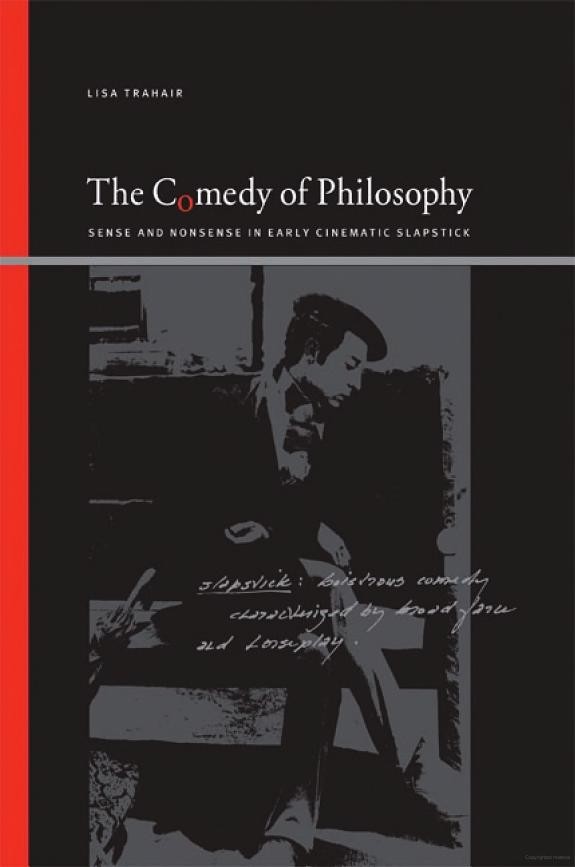

Most ebook files are in PDF format, so you can easily read them using various software such as Foxit Reader or directly on the Google Chrome browser.
Some ebook files are released by publishers in other formats such as .awz, .mobi, .epub, .fb2, etc. You may need to install specific software to read these formats on mobile/PC, such as Calibre.
Please read the tutorial at this link: https://ebookbell.com/faq
We offer FREE conversion to the popular formats you request; however, this may take some time. Therefore, right after payment, please email us, and we will try to provide the service as quickly as possible.
For some exceptional file formats or broken links (if any), please refrain from opening any disputes. Instead, email us first, and we will try to assist within a maximum of 6 hours.
EbookBell Team

4.0
56 reviewsThe Comedy of Philosophy brings modern debates in continental philosophy to bear on the historical study of early cinematic comedy. Through the films of Mack Sennett, Buster Keaton, Charlie Chaplin, Harold Lloyd, and the Marx Brothers, Lisa Trahair investigates early cinema's exploration of sense and nonsense by utilizing the contributions to the philosophy of comedy made by Freud and Bataille and by examining significant poststructuralist interpretations of their work. Trahair explores the shift from the excessive physical slapstick of the Mack Sennett era to the so-called structural comedy of the 1920s, and also offers a new perspective on the importance of psychoanalysis for the study of film by focusing on the implications of Freud's theory of the unconscious for our understanding of visuality.